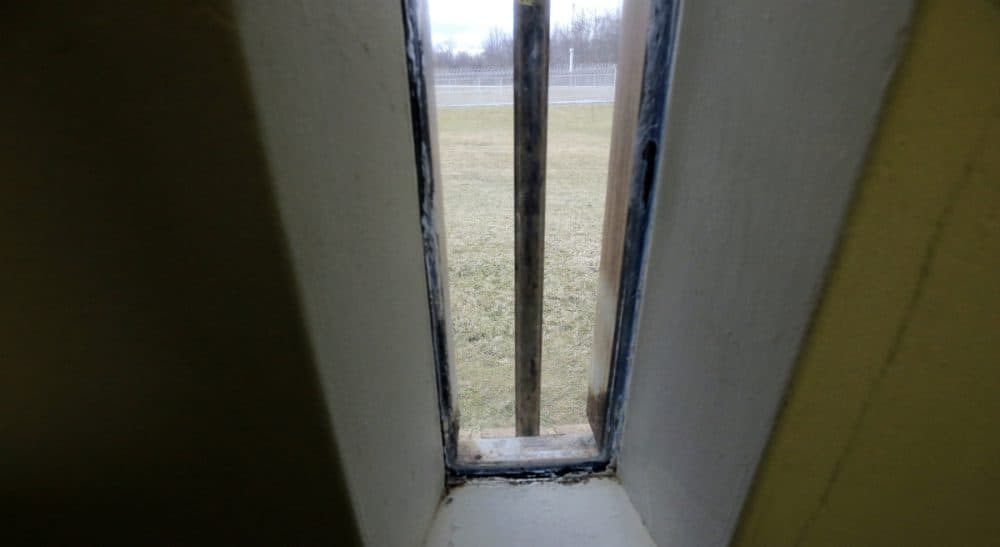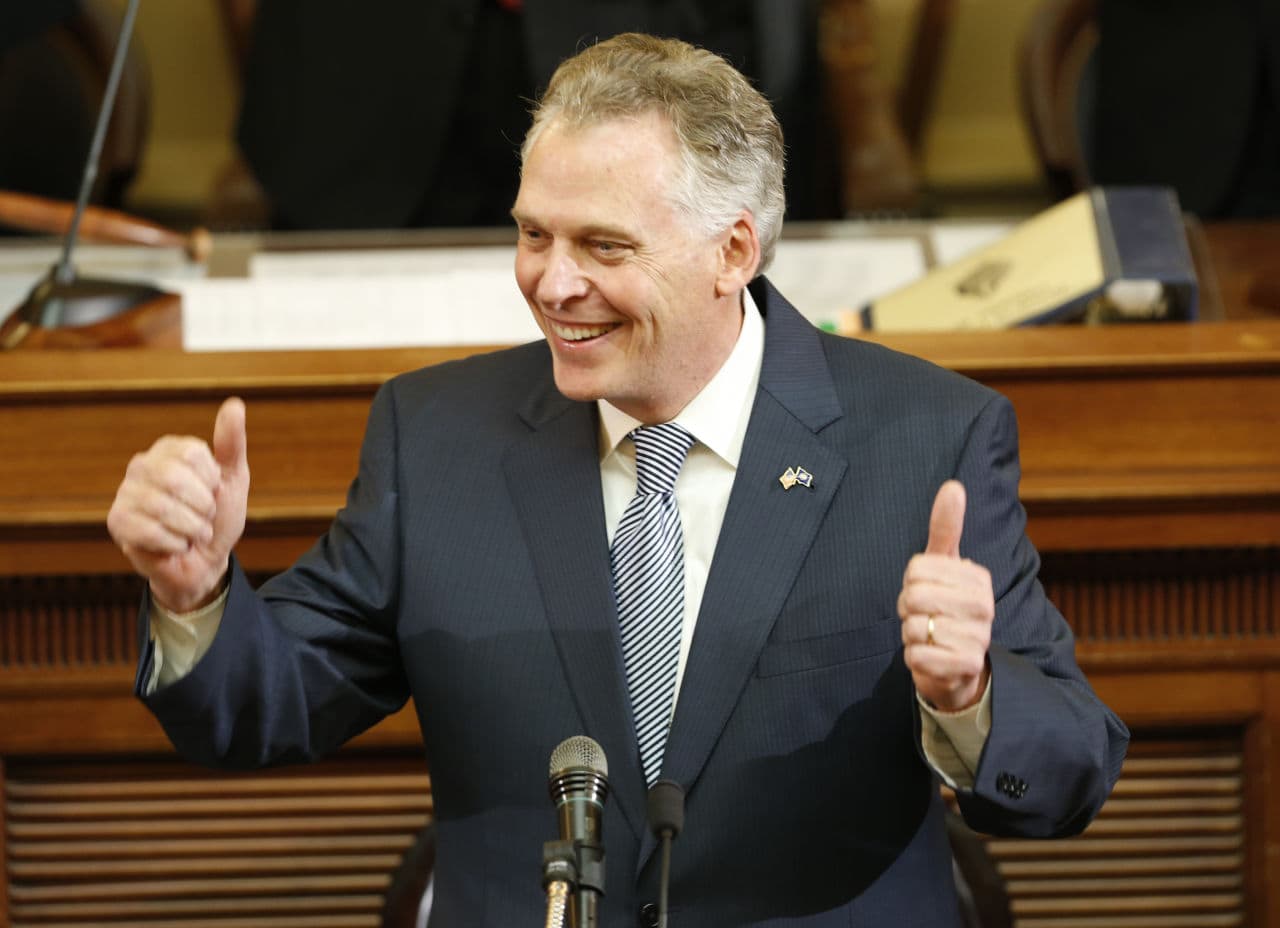Advertisement
If You Can’t Vote, Are You Truly Free?

Three cheers to Virginia Gov. Terry McAuliffe for bypassing the Republican legislature and returning voting rights to over 200,000 convicted felons, who have served their time, but never accomplished the most basic thing punishment promises: to clear the ledger, and return to Americans the right to live as a full citizens.
“More than 60 percent of the people in prison are now racial and ethnic minorities,” according to the Sentencing Project, which tracks these statistics. “For Black males in their 30s, one in every 10 is in prison or jail on any given day.” Or, to put it more succinctly, “Prisons are the new plantations.”
the most basic thing punishment promises [is] to clear the ledger, and return to Americans the right to live as a full citizens.
We now have such a weight of evidence about the connection of our nation’s use of prisons as a way of reinstating, or, more accurately, maintaining inequality and injustice — if not outright slavery — that it would seem that the walls of the prisons should simply collapse under the weight of all the wrong in which they are complicit.
“Slavery by Another Name,” by Douglas A. Blackmon, and “The New Jim Crow,” by Michelle Alexander have both documented that slavery in many parts of the United States did not begin to end until the 1970s. And it hasn’t ended yet if we consider freedom, by definition, to include the power of self-determination. Indeed, the right to vote is essential to self-determination, and far too many Americans are still denied that basic right because of their skin color.

The New York Times story of McAuliffe’s decision makes note of how intentional this egregious restriction has been. Though felons were denied voting rights in Virginia after the Civil War, in 1902, the “restrictions were expanded.” A 1906 report quoted a state senator saying that the new laws would “eliminate the darkey as a political factor in this state in less than five years.”
Alexander starts her persuasive account of the use of prisons as a systematic way of denying equality to African-American citizens, with these two sentences:
"Jarvious Cotton cannot vote. Like his father, grandfather, great-grandfather, and great-great-grandfather, he has been denied the right to participate in our electoral democracy."
She explains that his first progenitor could not vote because he was a slave; his second was beaten to death by the Ku Klux Klan for trying to vote, his third was intimidated out of trying by the Klan, and his fourth, Jarvious’s father, was kept from voting by poll taxes and literacy tests. In 2010, when “The New Jim Crow” was published, Jarvious could not vote because he was still on parole.
According to the Sentencing Project, 5.85 million Americans (minus now the people in Virginia) are barred from voting because of felony convictions.
Racism is a deeply protean phenomenon. As quickly as you recognize one form, it assumes another.
Massachusetts is one of 12 states that allows ex-felons to vote once they have served their prison time. I would feel better if we joined Maine and Vermont, the only two states with no restrictions. (And, not surprisingly, a very low percentage of African-Americans residents.) In a country with such low voter turnout, allowing felons in prison to vote seems like a good lesson in civics, not a danger.
While there’s no doubt that the Republican party is much more actively supporting the maintenance of these restrictions as part of an overall strategy to suppress the vote (and McAuliffe’s executive decision can be undone when he leaves office in 2018), nothing this egregious could have endured this long if we weren’t all tacitly complicit. Racism is a deeply protean phenomenon. As quickly as you recognize one form, it assumes another.
